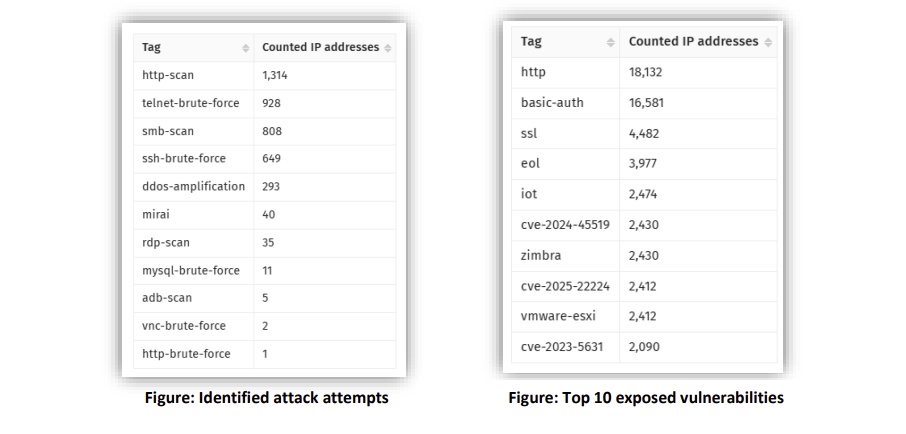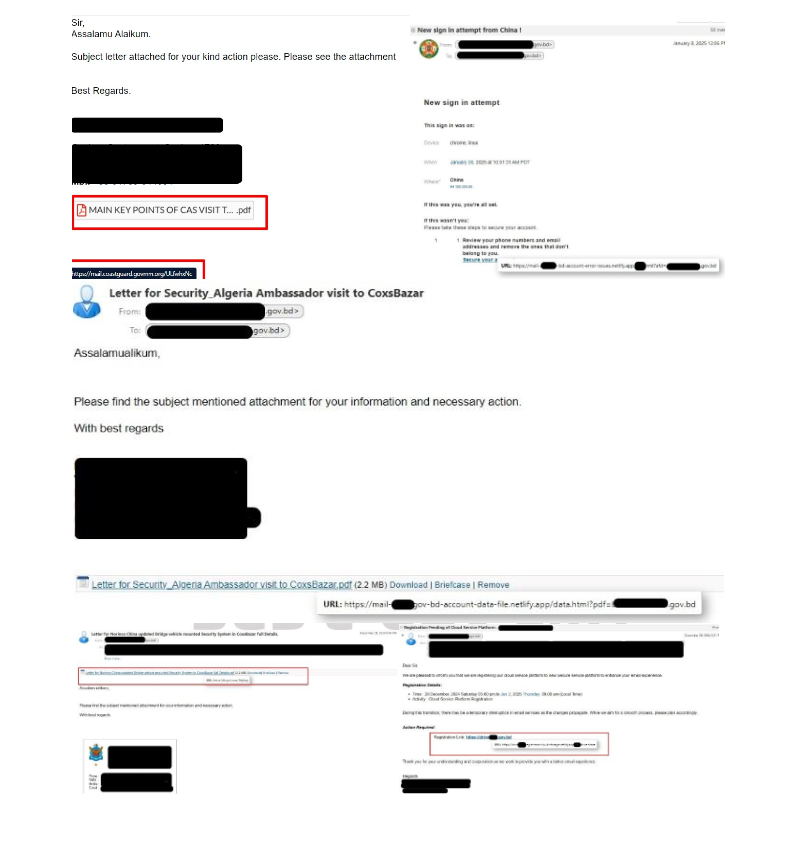Multiple Vulnerabilities in SAP Products Could Allow for Arbitrary Code Execution
by CIRT Team
DESCRIPTION
Multiple vulnerabilities have been discovered in SAP products, the most severe of which could allow an unauthenticated, remote attacker to execute code on the affected systems. Details of the vulnerabilities are as follows:
* Multiple Vulnerabilities in SAP NetWeaver AS JAVA (LM Configuration Wizard) (CVE-2020-6286).
* Security updates for the browser control Google Chromium delivered with SAP Business Client.
* Information Disclosure in SAP NetWeaver (XMLToolkit for Java) (CVE-2020-6285).
* Multiple vulnerabilities in SAP Disclosure Management (CVE-2020-6267).
* Cross-Site Scripting (XSS) vulnerability in SAP Business Objects Business Intelligence Platform(BI Launch pad) (CVE-2020-6281).
* Cross-Site Scripting (XSS) vulnerability in SAP Business Objects Business Intelligence Platform(Bipodata) (CVE-2020-6276).
* Server-Side Request Forgery in SAP NetWeaver AS JAVA (IIOP service) (CVE-2020-6282).
* Cross-Site Scripting (XSS) vulnerability in SAP Business Objects Business Intelligence Platform (BI Launchpad and CMC) (CVE-2020-6278).
* Cross-Site Scripting (XSS) vulnerability in SAP BusinessObjects Business Intelligence Platform (Web Intelligence HTML interface) (CVE-2020-6222).
* Information Disclosure in SAP NetWeaver (ABAP Server) and ABAP Platform (CVE-2020-6280).
IMPACT
Successful exploitation of the most severe of these vulnerabilities could allow an unauthenticated, remote attacker to execute code on the affected systems. Depending on the privileges associated with the application, an attacker could then install programs; view, change, or delete data; or create new accounts with full user rights. Applications configured to have fewer restrictions on the system could be less impacted than those who operate with elevated privileges.
SYSTEM AFFECTED
* SAP NetWeaver AS JAVA (LM Configuration Wizard); Versions – 7.30, 7.31, 7.40, 7.50
* SAP Business Client, Version – 6.5
* SAP NetWeaver (XML Toolkit for JAVA); Versions – ENGINEAPI 7.10, 7.11, 7.20, 7.30, 7.31, 7.40, 7.50
* SAP Disclosure Management; Version – 1.0
* SAP Business Objects Business Intelligence Platform (BI Launchpad); Version – 4.2
* SAP Business Objects Business Intelligence Platform (bipodata); Version – 4.2
* SAP NetWeaver AS JAVA (IIOP service) (SERVERCORE); Versions – 7.10, 7.11, 7.20, 7.30, 7.31, 7.40, 7.50
* SAP NetWeaver AS JAVA (IIOP service) (CORE-TOOLS); Versions – 7.10, 7.11, 7.20, 7.30, 7.31, 7.40, 7.50
* SAP Business Objects Business Intelligence Platform (BI Launchpad and CMC); Versions – 4.1, 4.2
* SAP BusinessObjects Business Intelligence Platform (Web Intelligence HTML interface) , Versions – 4.1, 4.2
* SAP NetWeaver (ABAP Server) and ABAP Platform; Versions – 731, 740, 750
RECOMMENDATIONS
The following actions are recommended:
* Apply appropriate updates provided by SAP to vulnerable systems, immediately after appropriate testing.
* Run all software as a non-privileged user (one without administrative privileges) to diminish the effects of a successful attack.
* Remind users not to visit un-trusted websites or follow links provided by unknown or un-trusted sources.
* Inform and educate users regarding the threats posed by hypertext links contained in emails or attachments especially from un-trusted sources.
* Apply the Principle of Least Privilege to all systems and services.
REFERENCES
https://wiki.scn.sap.com/wiki/pages/viewpage.action?pageId=552599675
https://cve.mitre.org/cgi-bin/cvename.cgi?name=CVE-2020-6222
https://cve.mitre.org/cgi-bin/cvename.cgi?name=CVE-2020-6267
https://cve.mitre.org/cgi-bin/cvename.cgi?name=CVE-2020-6276
https://cve.mitre.org/cgi-bin/cvename.cgi?name=CVE-2020-6278
https://cve.mitre.org/cgi-bin/cvename.cgi?name=CVE-2020-6280
https://cve.mitre.org/cgi-bin/cvename.cgi?name=CVE-2020-6281
https://cve.mitre.org/cgi-bin/cvename.cgi?name=CVE-2020-6282
https://cve.mitre.org/cgi-bin/cvename.cgi?name=CVE-2020-6285
https://cve.mitre.org/cgi-bin/cvename.cgi?name=CVE-2020-6286
https://cve.mitre.org/cgi-bin/cvename.cgi?name=CVE-2020-6287











